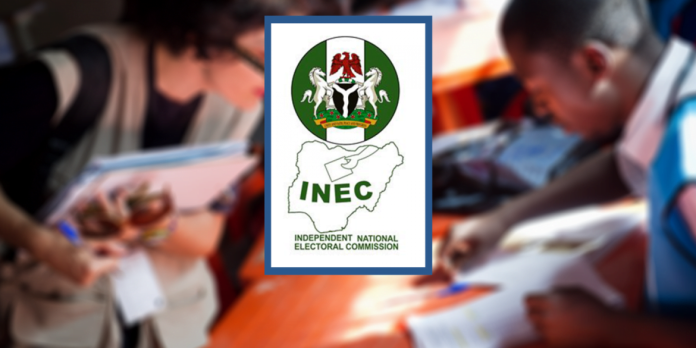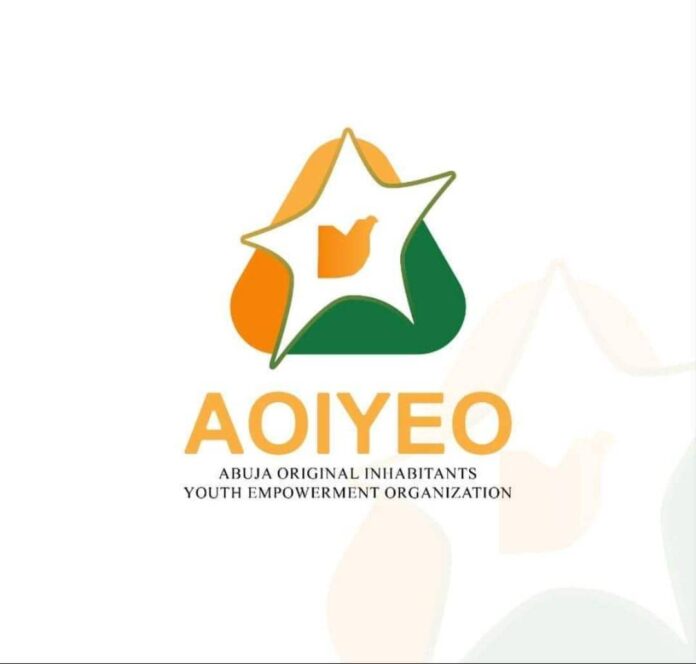By Charles Ebi
Central Bank of Nigeria ,CBN, has said that the results of its policy measures are becoming evident, with net foreign exchange flows rising to $25.4 billion between January and June, marking a 55% increase year-over-year.
A statement from the apex bank on Wednesday added that this growth has been fueled by a rise in capital importation, which reached $6 billion in June 2024, and record inflows from diaspora remittances through formal channels.
The statement noted: “The CBN’s policy objectives are yielding tangible results and bolstering market confidence. Net foreign exchange flows rose to $25.4 billion between January and June, marking a 55% year-over-year increase. This growth has been driven by a rise in capital importation, which reached $6 billion in June 2024, and record inflows from diaspora remittances through formal channels”.
Over $305 million sold to authorized dealers in the past three weeks
The CBN further noted that over $305 million of foreign exchange has been sold to authorized dealers in the last three weeks through a two-way quote system, which has been deployed over the past few months to enhance liquidity in the interbank market.
In the statement, it was also stated that the CBN offered $876 million to meet bids submitted by customers during an auction concluded on Wednesday, August 7, 2024.
This was done through the Retail Dutch Auction System ,RDAS, which is designed to facilitate FX sales to end users directly, promoting a more transparent market, reducing information asymmetry, and aiding in price discovery.
The statement read: “In the latest testament to the Central Bank of Nigeria’s ,CBN, ongoing commitment to support the proper functioning of the foreign exchange market by enhancing liquidity when necessary, the apex bank offered $876m to fulfil bids submitted by customers at an auction concluded on Wednesday, August 7, 2024.
“In line with its pledge to provide transparent access to foreign exchange for all legitimate customers, the CBN’s leadership has introduced an additional mechanism through the Retail Dutch Auction System ,RDAS, to directly facilitate FX sales to end users.
“This approach aims to foster a more transparent market, reducing information asymmetry and supporting price discovery. It complements the two-way quote system deployed over the past few months to enhance liquidity in the interbank market, through which over $305 million of foreign exchange has been sold to authorised dealers in the last three weeks”.
The CBN also said that it contributed less than 5% of the $43 billion foreign exchange ,FX, turnover recorded on the official market as of July 2024.
In its statement, the CBN noted that the FX market is showing signs of improvement and increased depth, with more robust and diversified sources of liquidity contributing to the sustained convergence of exchange rates across all market segments.
The statement read: “The foreign exchange market is also showing signs of improvement and increased depth, with more robust and diversified sources of liquidity contributing to the sustained convergence of exchange rates across all segments of the market.
The official market recorded a turnover of $43 billion in customer transactions by the end of July 2024, with CBN-supplied liquidity representing less than 5% of total market activities”.
The CBN also stressed that it is committed to fostering a transparent, market-driven foreign exchange environment and will continue to strengthen the market’s capacity to meet the needs of all legitimate participants.
This ongoing effort is expected to further bolster market confidence and support the overall stability of the Nigerian economy.
The Central Bank of Nigeria ,CBN, sold $876.26 million at N1,495/$1 to 26 qualified banks in its latest Retail Dutch Auction.
This is according to a statement signed by Dr Omolara Omotunde Duke, Director, Financial Markets Department.
In the statement, it disclosed the auction was done to reduce the demand pressure in the foreign exchange ,FX, market and promote price discovery.
According to the statement from the CBN, a total bid of $1.18 billion was received from 32 dealer banks. However, bids from six banks were disqualified, as four banks did not meet up with the deadline while two did not provide bids in their submitted templates.
Only about 75% of the total bid amount was supplied by the apex bank at the latest auction.
The latest FX auction is the biggest so far under Yemi Cardoso as the CBN governor.










